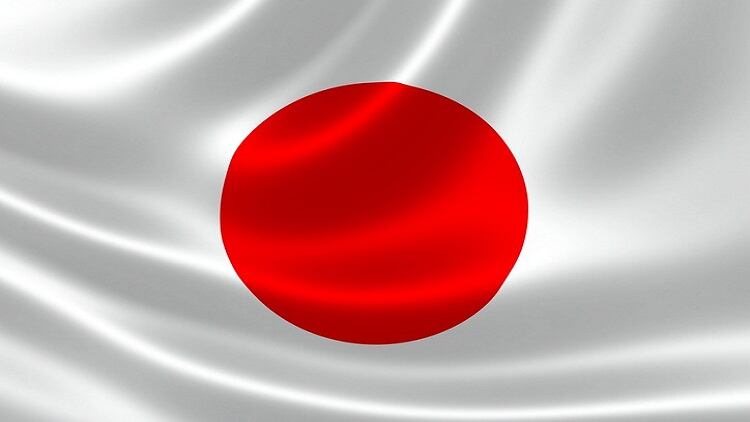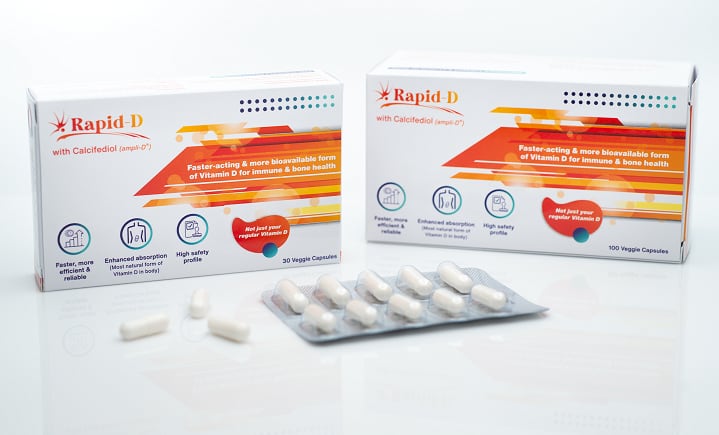According to the study titled “The Prevalence of Dietary Supplement Use for the Purpose of COVID-19 Prevention in Japan” published in the journal Nutrients, 8.3% of the Japanese subjects were reported to have used dietary supplements to prevent COVID-19 infection.
Popular supplement choices are vitamin C at 61%, vitamin D at 34.9% and non-nutrient ingredients like probiotics at 33.4%. Other popular ingredients include zinc, catechin and cannabidiol (CBD).
“These nutrients might be beneficial for their health by helping to avoid excess nutritional intake, even though there is no scientific evidence that they can help prevent SARS-CoV-2 infection. CBD is generally recognised as safe, but there is no evidence that it is effective for the prevention of SARS-CoV-2 infection, and adverse events have also been reported.
“Therefore, the inappropriate use of these dietary supplements should be avoided. It is important to provide consumers, especially current supplement users, with information for proper use,” said the researchers.
To investigate, the team conducted an online cross-sectional survey using a questionnaire among 48,925 Japanese adults aged 20 to 79 from 19 to 24 January 2022. They resided in areas like Hokkaido, Tohoku, Kanto, Hokuriku, Tokai, Kinki, Chugoku/Shikoku, and Kyushu/Okinawa.
Supplementing diets
Most participants at 91.7% reported not currently consuming dietary supplements to prevent COVID-19 infections, but 8.3% did. There was no difference between genders. 37.8% of participants used one product – some even consumed six or more.
However, among those who took supplements to prevent COVID-19 infections, it was highest for participants who had been previously diagnosed. The next biggest group involved those with family members battling COVID-19, followed by those showing symptoms. The highest prevalence was documented in the Kanto region, which includes the capital Tokyo.
Users also frequently chose vitamin C, vitamin D, vitamin E, zinc and iron, and non-vitamin and mineral supplements such as probiotics. A total of 2% of the respondents took CBD. Other supplements used were DHA/EPA, garlic and propolis.
The respondents mostly retrieved information from the internet at 44%, followed by television and radio at 29.9%, personal sharing from family and friends at 26% and social media like LINE, Facebook, Twitter and Instagram.
Upon further analysis, the researchers found an internet site that provided evidence for consuming dietary supplements to remedy upper respiratory tract infections, including COVID-19. Still, almost 70% of the respondents did not know about it.
Moreover, generational differences impacted the usage of dietary supplements among respondents. The younger generation’s higher exposure to social media, and therefore fake news, resulted in their increased consumption of such supplements than older respondents. Older respondents socialised and consulted healthcare professionals about dietary supplement use.
“In conclusion, some of the population used vitamin or mineral supplements for the prevention of COVID-19 that might be beneficial for health, but some used ingredients with no scientifically-proven effects against the virus at this time. Therefore, information-based scientific evidence is important to prevent the inappropriate use of dietary supplements by consumers,” said the team.
The study was funded by the Ministry of Health, Labour and Welfare Policy Research Grants.
Source: Nutrients
“The Prevalence of Dietary Supplement Use for the Purpose of COVID-19 Prevention in Japan”
DOI: 10.3390/nu14153215
Authors: Chiba Tsuyoshi and Tanemura Nanae
Probiotics, healthy ageing and protein are major focus areas of our upcoming Growth Asia Summit in Singapore from 11 to 13 October. Check out big-name brands, international experts and pioneering start-ups slated to present here.




